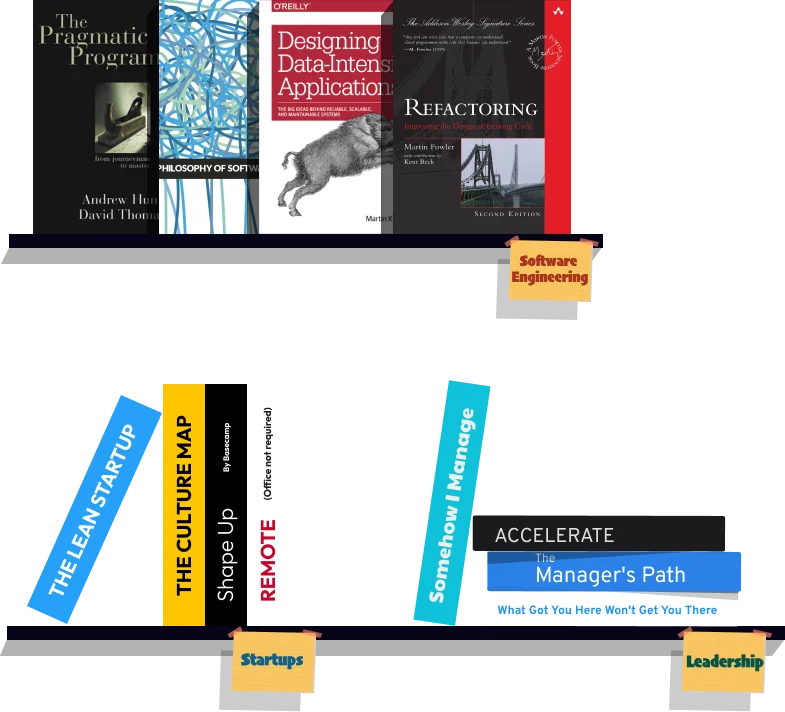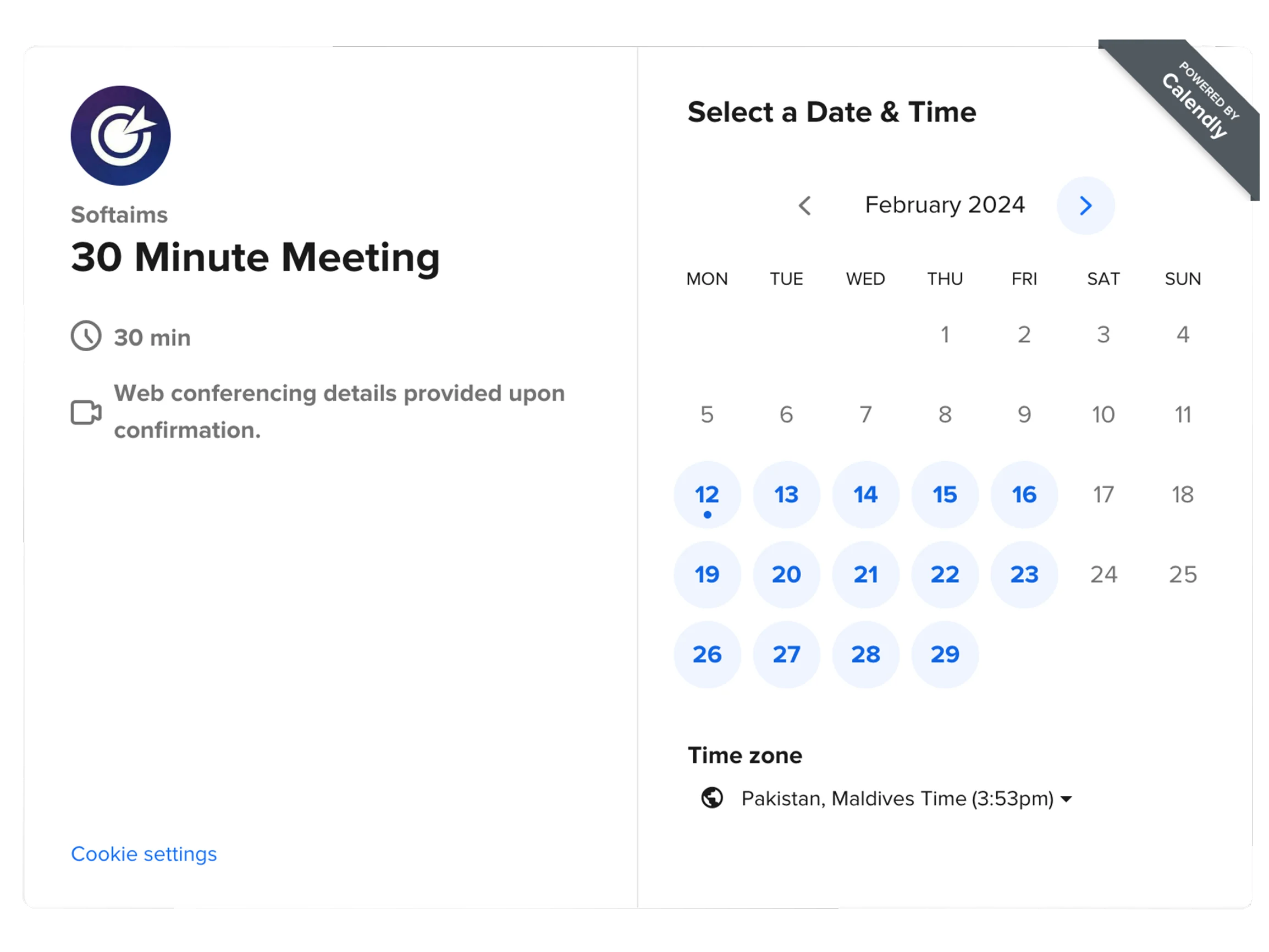The Enduring Appeal of Ruby on Rails
Ruby on Rails, often shortened to Rails, is a server-side web application framework written in Ruby. It follows the "convention over configuration" and "don't repeat yourself" (DRY) principles, which streamline the development process and make it faster to build applications. This efficiency is a major reason why companies, from startups to large enterprises like Shopify and GitHub, choose Ruby on Rails for their projects. The framework's architecture and extensive library of "gems" (plugins) allow developers to add functionality without writing code from scratch, significantly reducing development time.
The Ruby on Rails community is another one of its significant assets. It's a large and active community that continuously contributes to the framework's improvement, offers support to fellow developers, and creates a vast collection of open-source libraries. This strong community ensures that the framework remains up-to-date with the latest web development trends and that developers have access to a wealth of resources and solutions to common problems. This supportive ecosystem makes it easier for new developers to learn the framework and for experienced developers to stay at the forefront of their field.
Essential Skills for a Ruby on Rails Developer
A proficient Ruby on Rails developer must have a strong command of the Ruby programming language itself, including its syntax and object-oriented principles. Deep knowledge of the Rails framework is, of course, crucial. This includes understanding its Model-View-Controller (MVC) architecture, which separates the application's concerns into three interconnected components. Developers should also be adept at using ActiveRecord, the object-relational mapping (ORM) layer in Rails that simplifies database interactions.
Beyond the core framework, a well-rounded Rails developer will have experience with front-end technologies like HTML, CSS, and JavaScript. While Rails can handle many front-end tasks, modern web applications often require integration with JavaScript frameworks like React or Vue.js to create dynamic and interactive user interfaces. Familiarity with version control systems, especially Git, is also a fundamental skill for collaborative development. Strong problem-solving and communication skills are equally important, as they enable developers to work effectively within a team and translate business requirements into functional code.
Finding and Attracting Top Talent
There are numerous platforms and strategies to find skilled Ruby on Rails developers. Websites like Toptal and Upwork are popular for finding freelance developers with varying levels of experience. For full-time hires, platforms like Aloa and BairesDev specialize in connecting companies with vetted software agencies and developers. Additionally, niche job boards specifically catering to the Ruby on Rails community can be a valuable resource for finding specialized talent.
To attract the best candidates, it's essential to have a well-defined job description that clearly outlines the required skills and responsibilities. Highlighting the interesting challenges and growth opportunities your project offers can also make your position more appealing. A streamlined and efficient interview process that respects the candidate's time is crucial. This can include a combination of technical assessments, code reviews, and discussions about past projects to gauge their practical skills and problem-solving abilities.
The Interview and Vetting Process
A comprehensive interview process for a Ruby on Rails developer should assess both their technical proficiency and their soft skills. The technical evaluation can start with questions about core Ruby and Rails concepts, such as the MVC architecture, RESTful principles, and the role of ActiveRecord. Asking candidates to explain their approach to solving a specific problem or to walk through a piece of their past code can provide valuable insights into their thought process and coding style.
Practical coding challenges are also a great way to evaluate a developer's skills. These can range from a small, time-boxed exercise to a more extensive take-home project. It's important to design these challenges to reflect the actual work they would be doing. During the interview, pay attention to their communication skills, their ability to articulate technical concepts clearly, and their enthusiasm for learning and collaboration. A candidate who is a good cultural fit and can work well with your team is just as valuable as one with strong technical skills.
Key Tools and Technologies in the Rails Ecosystem
The Ruby on Rails ecosystem is rich with tools and technologies that enhance developer productivity and application performance. One of the most significant features of Rails is its extensive collection of "gems," which are libraries of reusable code that can be easily added to a project. Popular gems like Devise for authentication, Sidekiq for background job processing, and RSpec for testing are staples in many Rails applications. The Gemfile and Bundler are used to manage these dependencies, ensuring a consistent environment for the project.
Developers in the Rails ecosystem also frequently use tools for code quality and style enforcement, such as RuboCop. For database management, while Rails has excellent support for various databases, PostgreSQL and MySQL are common choices. The command line is an indispensable tool for Rails developers, used for everything from generating new application components to running tests and managing the development server. Familiarity with these tools is a good indicator of an experienced and efficient developer.
The Importance of Testing in Rails
Ruby on Rails has a strong culture of testing, and the framework itself is designed to make testing a seamless part of the development process. The built-in testing framework, Minitest, provides a solid foundation for writing various types of tests. However, many developers prefer to use RSpec, a popular behavior-driven development (BDD) testing framework that offers a more expressive and readable syntax. Tools like Capybara are often used in conjunction with a testing framework to simulate user interactions and perform end-to-end testing.
A comprehensive test suite for a Rails application will typically include unit tests for models, integration tests for controllers, and system tests to verify the application's overall functionality. Writing and maintaining a good test suite is crucial for ensuring code quality, preventing regressions, and making the application easier to refactor and maintain over time. When hiring a Rails developer, it's important to assess their understanding of testing principles and their experience with different testing frameworks and techniques.
Popular Gems and Libraries
The vast collection of gems is one of the biggest strengths of the Ruby on Rails framework. These open-source libraries can save developers a significant amount of time and effort by providing pre-built solutions to common problems. For user authentication, Devise is a widely used and flexible gem. When it comes to authorization, which is determining what a user is allowed to do, gems like Pundit and CanCanCan are popular choices.
For handling background jobs, such as sending emails or processing large files, Sidekiq is a high-performance option that uses Redis for storage. To handle file uploads, gems like CarrierWave are commonly used. In the realm of API development, Grape provides a framework for creating REST-like APIs. Developers often use tools like Brakeman for security scanning to identify potential vulnerabilities in their code. Here is an example of a Gemfile snippet.
gem 'devise' gem 'pundit' gem 'sidekiq'
Front-End Technologies and Rails
While Ruby on Rails is primarily a back-end framework, it has excellent capabilities for working with front-end technologies. Traditionally, Rails used its own asset pipeline to manage JavaScript and CSS. However, with the rise of modern JavaScript frameworks, the Rails community has embraced tools like Webpacker to integrate seamlessly with frameworks like React, Angular, and Vue.js. This allows developers to build rich, single-page applications (SPAs) with a Rails back-end.
A good Ruby on Rails developer should have a solid understanding of front-end fundamentals, including HTML, CSS, and JavaScript. They should be able to write clean, semantic HTML and use CSS effectively for styling. Familiarity with at least one modern JavaScript framework is becoming increasingly important for building modern, interactive web applications. The ability to bridge the gap between the back-end and the front-end is a key skill for a full-stack Rails developer.
Databases and ORM
At the heart of most web applications is a database, and Ruby on Rails has excellent support for a variety of database systems. The framework's default database is SQLite, but for production environments, more robust databases like PostgreSQL or MySQL are typically used. Rails interacts with the database through its powerful Object-Relational Mapping (ORM) layer called ActiveRecord.
ActiveRecord abstracts away the need to write raw SQL queries, allowing developers to interact with the database using familiar Ruby objects and methods. This simplifies database operations and makes the code more readable and maintainable. A skilled Rails developer should have a good understanding of database design principles and be proficient in using ActiveRecord to perform queries, manage associations between models, and write database migrations to evolve the database schema over time.
DevOps and Deployment
Once a Ruby on Rails application is built, it needs to be deployed to a server so that users can access it. The process of deploying and managing applications is often referred to as DevOps. There are many options for deploying Rails applications, from Platform-as-a-Service (PaaS) providers like Heroku to cloud hosting providers like DigitalOcean and AWS. PaaS options are often easier to get started with, but self-hosting provides more flexibility and control.
Tools like Capistrano and Hatchbox are commonly used to automate the deployment process, making it easier and more reliable to release new versions of an application. Understanding the basics of server administration, including how to configure a web server like Nginx and an application server like Puma, is a valuable skill for a Rails developer. Familiarity with containerization technologies like Docker can also be beneficial for creating consistent and portable deployment environments.
How Much Does It Cost to Hire a Developer
The cost of hiring a Ruby on Rails developer can vary significantly based on factors such as their level of experience, geographic location, and whether you are hiring them as a freelancer or a full-time employee. Developers in North America and Western Europe tend to command the highest salaries, while developers in other regions may have lower rates. The complexity of your project and the specific skills required will also influence the cost.
Generally, senior developers with extensive experience will be more expensive to hire but can bring a wealth of knowledge and expertise to your project, potentially saving you time and money in the long run. Mid-level developers offer a good balance of experience and cost, while junior developers can be a more budget-friendly option, especially if you have the resources to provide mentorship and support. Below is a table with estimated average annual salaries for Ruby on Rails developers in various countries.
| Country |
Average Annual Salary (USD) |
| United States |
$129,600 |
| Canada |
$90,000 |
| United Kingdom |
$97,500 |
| Germany |
$102,500 |
| Australia |
$105,000 |
| India |
$25,000 |
| Brazil |
$20,000 |
| Poland |
$37,500 |
| Ukraine |
$30,000 |
| Nigeria |
$13,750 |
When to Hire Dedicated Developers Versus Freelance Developers
The decision to hire a dedicated developer versus a freelancer depends on the specific needs of your project. If you have a long-term, complex project that requires a deep understanding of your business logic and ongoing maintenance and development, hiring a dedicated developer or a team of developers is often the best choice. Dedicated developers can become an integral part of your team, contributing to the project's long-term vision and success.
On the other hand, if you have a smaller, well-defined project with a clear scope and timeline, a freelance developer might be a more cost-effective and flexible option. Freelancers are great for specific tasks, such as building a particular feature, fixing bugs, or providing expertise on a short-term basis. They can bring fresh perspectives and specialized skills to your project without the long-term commitment of a full-time hire. Platforms like Softaims can help you find highly skilled freelance developers.
Why Do Companies Hire Ruby on Rails Developers
Companies choose to hire Ruby on Rails developers for a variety of reasons, many of which stem from the framework's core principles. One of the main drivers is the speed of development. Rails allows for rapid prototyping and iteration, which is particularly valuable for startups and companies that want to get their products to market quickly. The framework's convention-over-configuration approach and extensive library of gems mean that developers can build features faster, saving both time and money.
Another key reason is the quality and maintainability of the code. The structure imposed by the MVC architecture and the emphasis on best practices like DRY (Don't Repeat Yourself) lead to cleaner, more organized code that is easier to maintain and refactor over time. This is a significant advantage for long-term projects. Furthermore, the scalability of Ruby on Rails makes it a suitable choice for applications that are expected to grow and handle a large number of users. The strong and supportive community also provides a safety net, ensuring that help is always available when needed.
In conclusion, hiring the right Ruby on Rails developer requires a thoughtful and strategic approach. By understanding the key skills and technologies within the Rails ecosystem, and by implementing a thorough vetting process, you can find a developer who will be a valuable asset to your team. Whether you choose to hire a dedicated developer for a long-term project or a freelancer for a specific task, the versatility and efficiency of Ruby on Rails make it a powerful choice for building modern web applications.


































